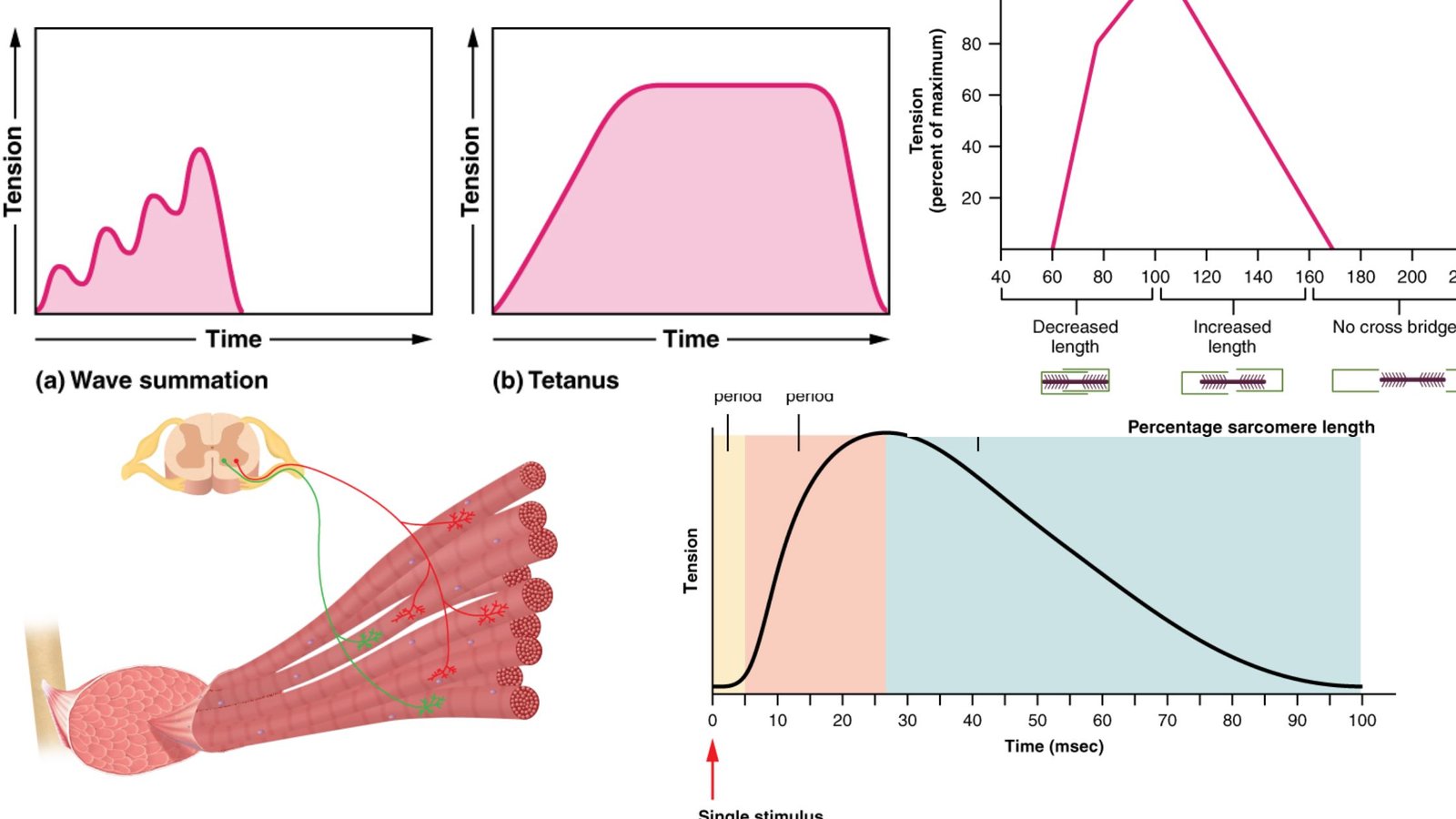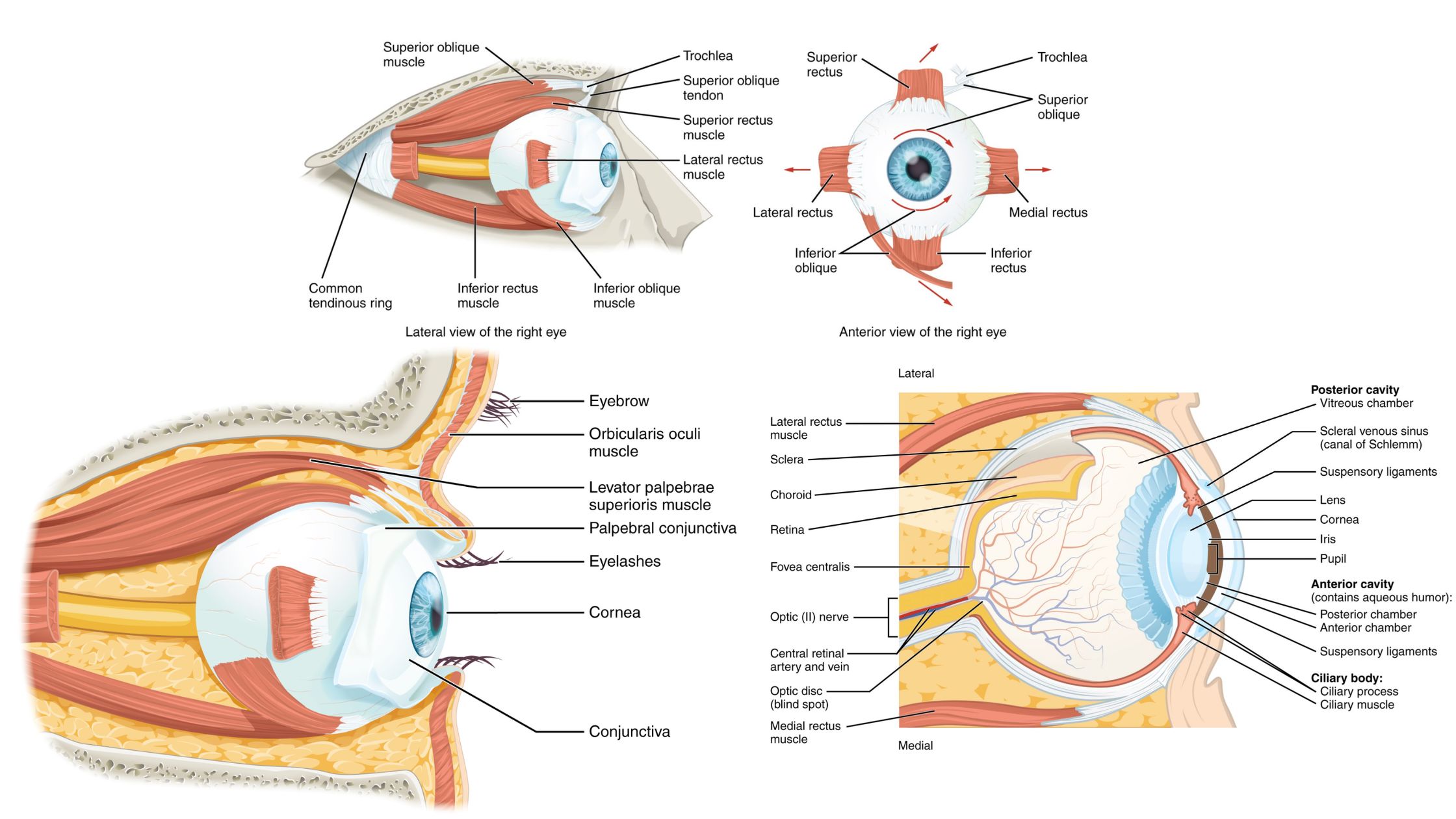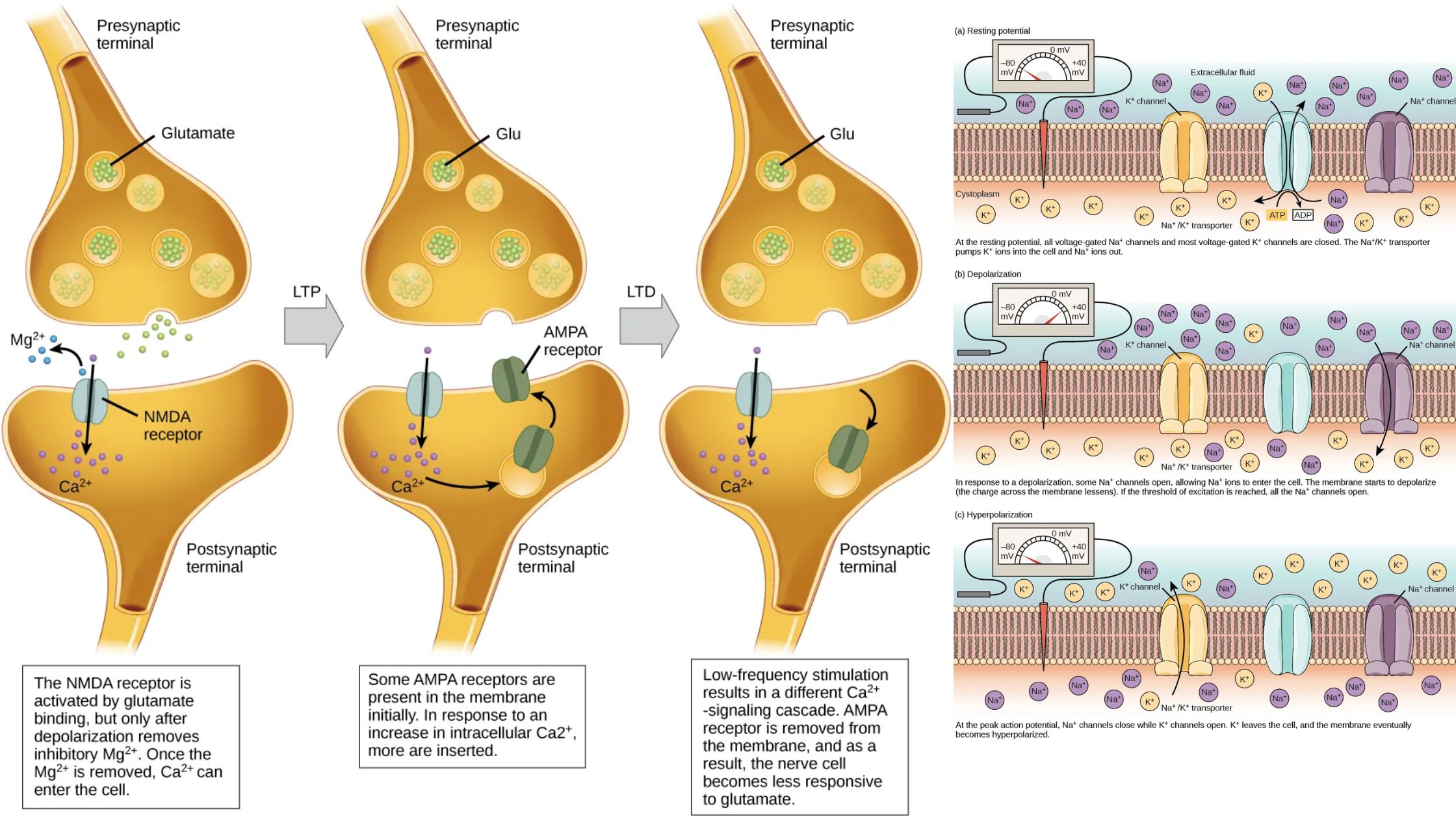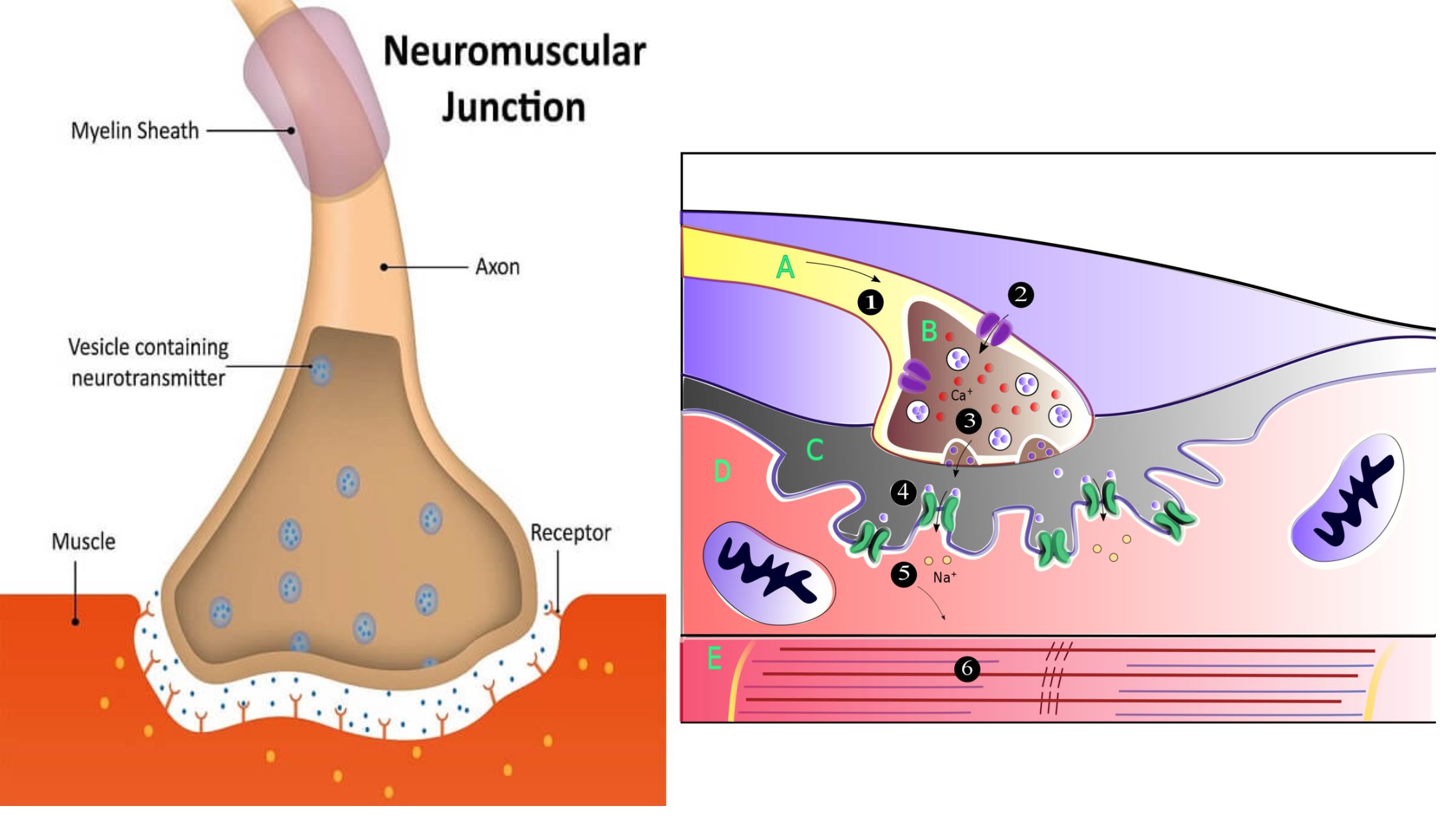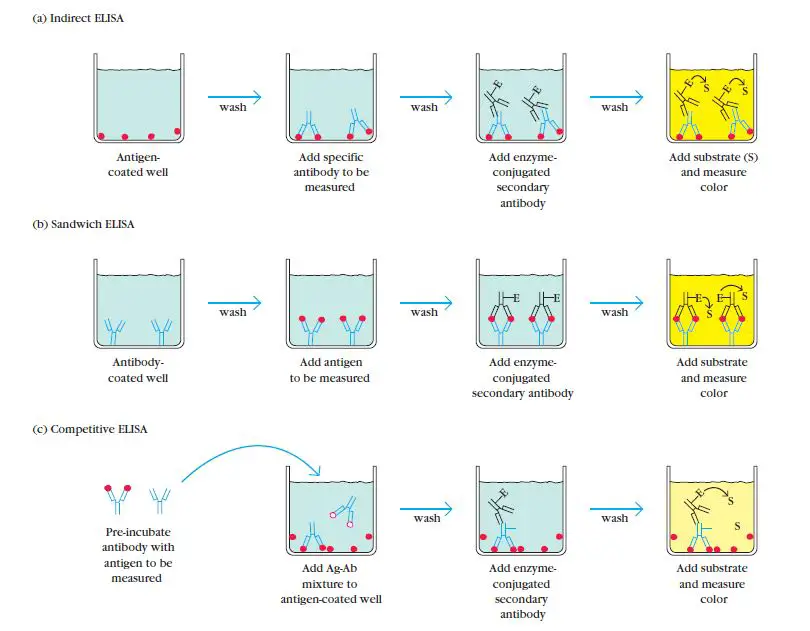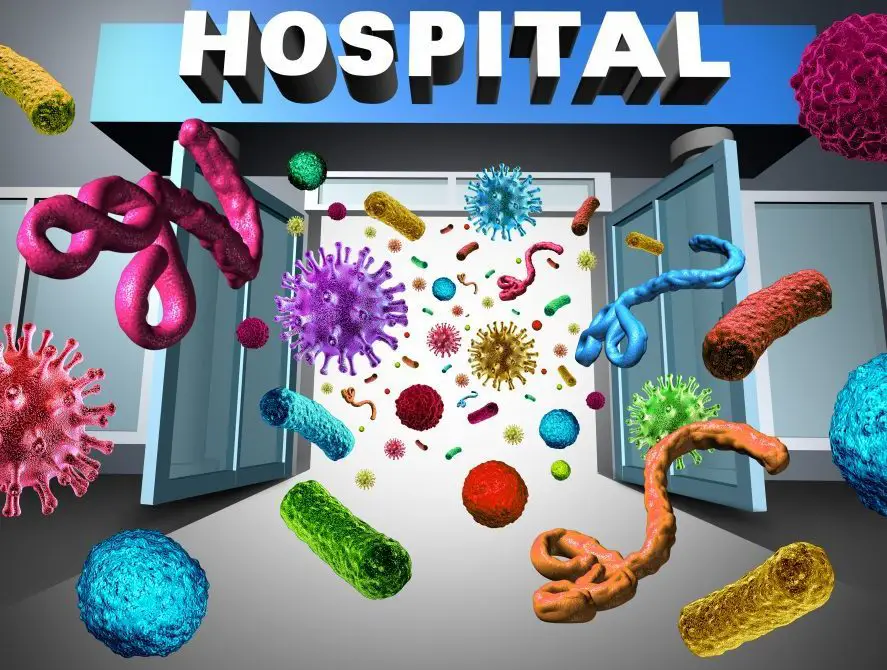Characteristics of Muscle Twitch – Motor Unit, Summation and Tetanus
Muscle twitch, the brief and transient contraction of a muscle fiber, is a fundamental event in muscle physiology. Understanding the characteristics of muscle twitches provides insights into the intricate mechanisms that govern muscle function. This article delves into the key aspects of muscle twitch, focusing on motor units, summation, and tetanus. Muscle twitches are initiated … Read more
